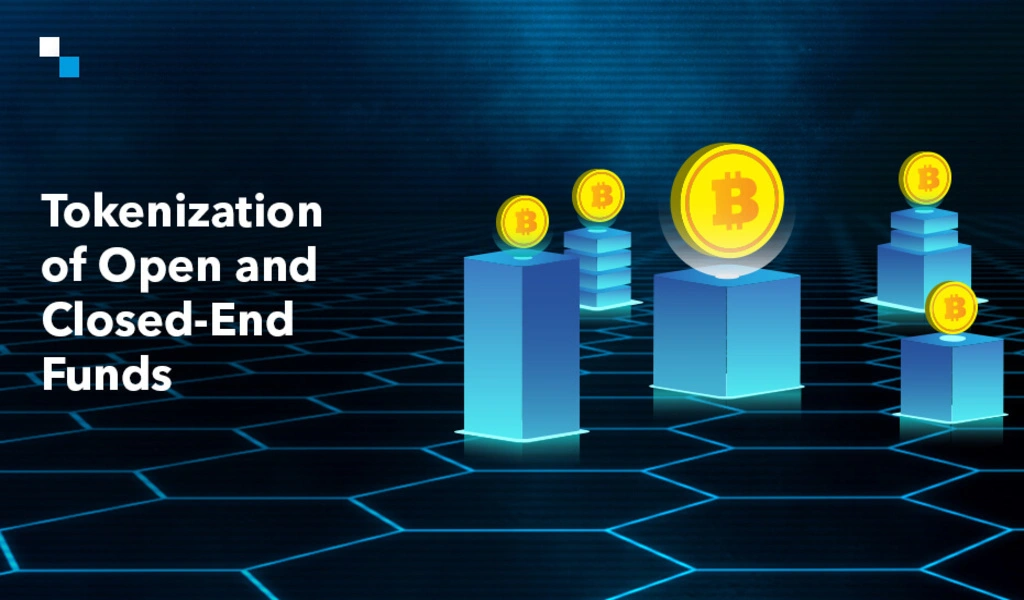Introduction
In recent years, there has been a growing interest in leveraging the potential of tokenization in impact investing. Tokenization, a process that converts real-world assets into digital tokens, offers numerous benefits and opportunities for impact investors.
By breaking down assets into smaller units represented by tokens, tokenization enhances liquidity, accessibility, transparency, and security in impact investing. This article explores the potential of tokenization in impact investing. Everyone knows that the crypto market is risky and investments are at stake all the time. Know about advanced trading tools to navigate uncertain times in the crypto market.
Impact investing overview
Definition and purpose
Impact investing aims to generate positive social and environmental impact alongside financial returns. It involves investing in companies, organizations, and projects that address pressing social and environmental challenges, such as climate change, poverty, or inequality. Impact investors actively seek to align their investments with their values and contribute to the achievement of the United Nations Sustainable Development Goals (SDGs).
Benefits of tokenization in impact investing
Tokenization offers several benefits that can significantly enhance impact investing strategies.
Increased liquidity and accessibility
Tokenization improves the liquidity of traditionally illiquid assets, such as real estate or infrastructure projects. By breaking down these assets into smaller tokenized units, investors can buy and sell fractions of assets more easily. This increased liquidity opens up opportunities for a broader range of investors to participate in impact investing, including retail investors who may not have had access to such investments previously.
Fractional ownership
Tokenization enables fractional ownership, allowing investors to acquire smaller portions of an asset. This feature makes it possible to diversify investment portfolios and allocate capital across multiple projects or assets. Fractional ownership also lowers the entry barriers for investors, as they can participate with smaller investment amounts.
Enhanced transparency and security
Tokenization leverages blockchain technology, which provides a transparent and immutable record of transactions. This transparency enhances trust and accountability in impact investing, as investors can track the movement of tokens and verify ownership rights.
Cost-effective transactions
Tokenization eliminates intermediaries and reduces transaction costs associated with traditional investment processes. The use of smart contracts, self-executing agreements embedded in blockchain technology, automates transaction processes, reducing administrative expenses and minimizing the need for manual intervention.
Tokenization use cases in impact investing
Tokenization has the potential to revolutionize impact investing across various sectors and asset classes.
Renewable energy projects
Tokenization can unlock investment opportunities in renewable energy projects, such as solar farms or wind parks. By tokenizing these projects, investors can contribute to the transition to clean energy while generating financial returns. Tokenization enables fractional ownership of renewable energy assets, making them more accessible to individuals and institutions alike.
Affordable housing initiatives
Tokenization can facilitate investments in affordable housing initiatives, addressing the global housing crisis. By tokenizing real estate properties, impact investors can support affordable housing projects and promote social inclusion. Fractional ownership through tokenization allows for a broader pool of investors to participate in creating affordable housing solutions.
Sustainable agriculture and forestry
Tokenization can play a crucial role in sustainable agriculture and forestry by enabling investments in responsible land management practices and conservation initiatives. Tokenized assets can represent ownership in sustainable farms, timberland, or carbon credits, providing investors with opportunities to support environmentally friendly projects.
Microfinance and financial inclusion
Tokenization has the potential to enhance financial inclusion by enabling investments in microfinance projects. By tokenizing microloans or microinsurance products, impact investors can support entrepreneurs in underserved communities and promote economic empowerment. Tokenization provides a scalable solution for channeling capital to microfinance institutions and bridging the financing gap.
Challenges and considerations
While tokenization offers significant potential for impact investing, there are challenges and considerations that need to be addressed.
Regulatory compliance
Tokenization operates within the framework of existing regulations, and compliance with securities laws is crucial to ensure investor protection. Regulators worldwide are still developing guidelines and frameworks for tokenized assets. Impact investors and stakeholders must navigate this evolving regulatory landscape to ensure compliance and maintain trust in the market.
Scalability and adoption
Tokenization is still in its early stages, and widespread adoption faces scalability challenges. Infrastructure, technological standards, and interoperability across different blockchain networks need to be developed to support the seamless tokenization of assets.
Investor protection
As with any investment, there are risks associated with tokenization. Investors need to be aware of the potential risks, such as market volatility, lack of liquidity in certain markets, and technological vulnerabilities.
Conclusion
Tokenization holds immense potential in revolutionizing impact investing. By leveraging the benefits of tokenization, such as increased liquidity, fractional ownership, transparency, and cost-effective transactions, impact investors can maximize their positive social and environmental impact while generating financial returns. However, it is essential to address challenges such as regulatory compliance, scalability, and investor protection to ensure the sustainable growth of tokenization in impact investing.
SEE ALSO: Google Plans To Remove ‘Inactive’ Accounts Starting December: What You Need To Know
⚠ Article Disclaimer
The above article is sponsored content any opinions expressed in this article are those of the author and not necessarily reflect the views of CTN News






